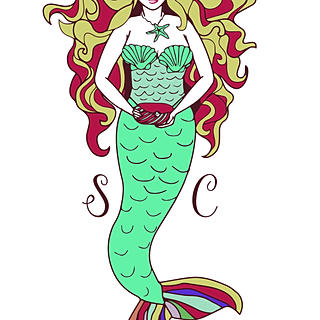Management Lessons from Movies, Chapter 1: Mule
- Bill Holmes
- May 27, 2019
- 3 min read

“Everything I learned I learned from the movies.” Audrey Hepburn
“Give them pleasure. The same pleasure they have when they wake up from a nightmare.” Alfred Hitchcock
I really like movies and tend to watch them when I have time. Since I have a full time job, am launching a new product, host two blogs, two YouTube channels and several Facebook pages, the only real opportunity I get is while killing time at airports or in hotel rooms.
Thank goodness for streaming services! All I need is a phone and a little time and I can watch a movie!
It is amazing how many management lessons can be extracted from movies! Like the Cole Sear in the Sixth Sense (yep, that is his name!), you can see bad management everywhere! Today I am going to discuss the management lessons of the Clint Eastwood movie “Mule”.
Clint plays Earl Stone, an aging Korean War Veteran who is in his 80’s, broke and facing the foreclosure of his business. A chance meeting leads him to a job where all he must do is drive from one place to another carrying cargo. While he didn’t initially know what he was delivering, he was in fact a drug courier for a Mexican cartel. He was so good at driving and staying off the DEA’s radar that his loads grew exponentially, and he soon becomes the cartels top mule. His incredible success as a mule earns him a party with the top boss who recognizes that his unorthodox appearance and approach made him a valuable “employee”. Unfortunately for the boss, his underlings believe they can do a better job so they murder him and take over the cartel.
There are several “management” lessons here. The first lesson is that leaders who are highly successful recognize innovation and unorthodox approaches as an asset to their organization, not as a threat. The cartel boss recognized that Earl was his most productive employee and that he had found a completely different way to get the job done. As a result, he told Earl's direct supervisor to leave him alone and let him continue to be successful.
The second lesson is that you must reward your high performers. The cartel boss personally invited Earl to a huge party and went out of his way to make him feel welcome. This was unheard of for someone who was a lowly “mule”. However, the boss recognized that he a special employee and wanted him to feel special.
The final lesson in this portion of the movie is that every manager eventually moves to a different job. Jack Welch eventually left GE. Steve Jobs eventually left Apple. Bill Gates eventually left Microsoft. The cartel boss eventually “retired”. It is important to have a good working relationship with your supervisor, but you need to have more than that for long term career viability. If you have a very powerful boss, make sure that you don’t take advantage of that and make enemies of others in your organization. That could be problematic when the boss inevitably leaves.
Next, Earl starts working for the new management team.
Coda
My wife and I are trying to get our new business started, and it is much harder than I imagined! Forget about the product itself (design, manufacturing, distribution, etc). The business licenses, organizational structural web sites, payment processing, advertising all have to be figured out and addressed. As a new small business, I also expected a lot of state and federal help. It may be out there, but I haven’t been able to find any…









Comments